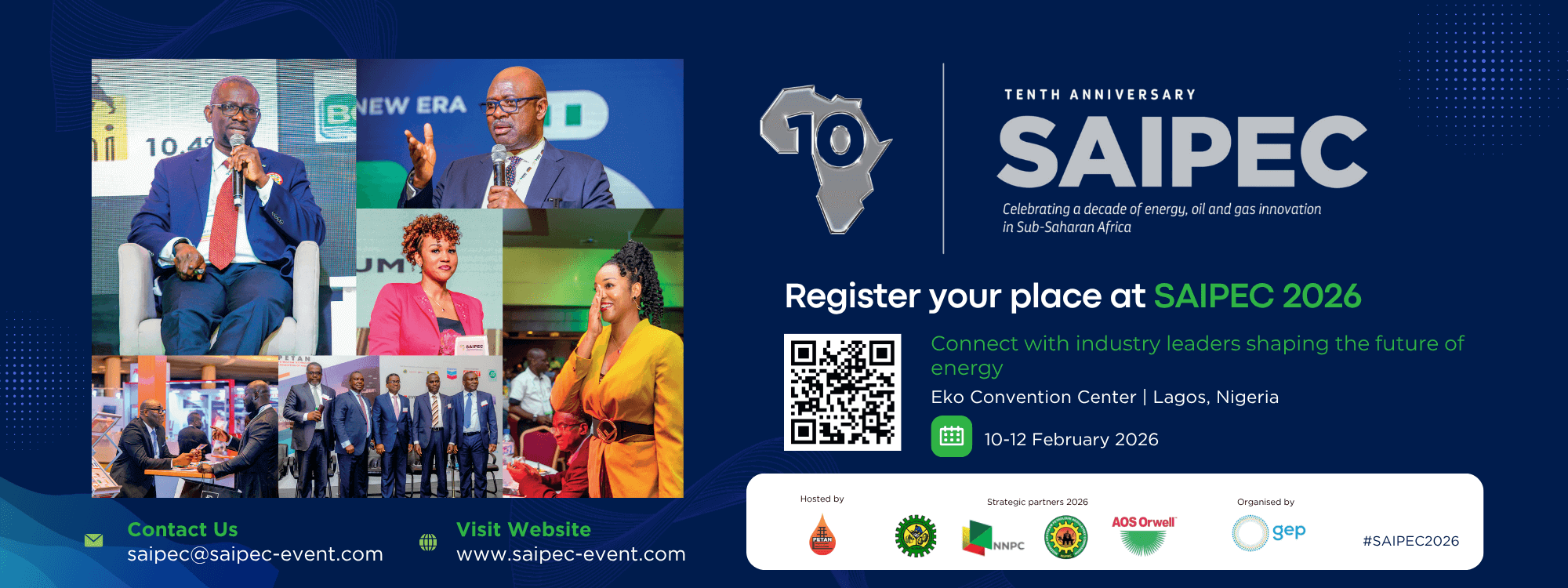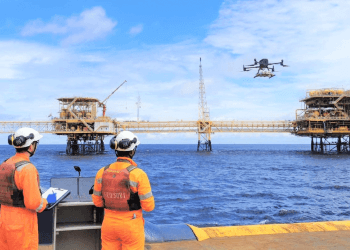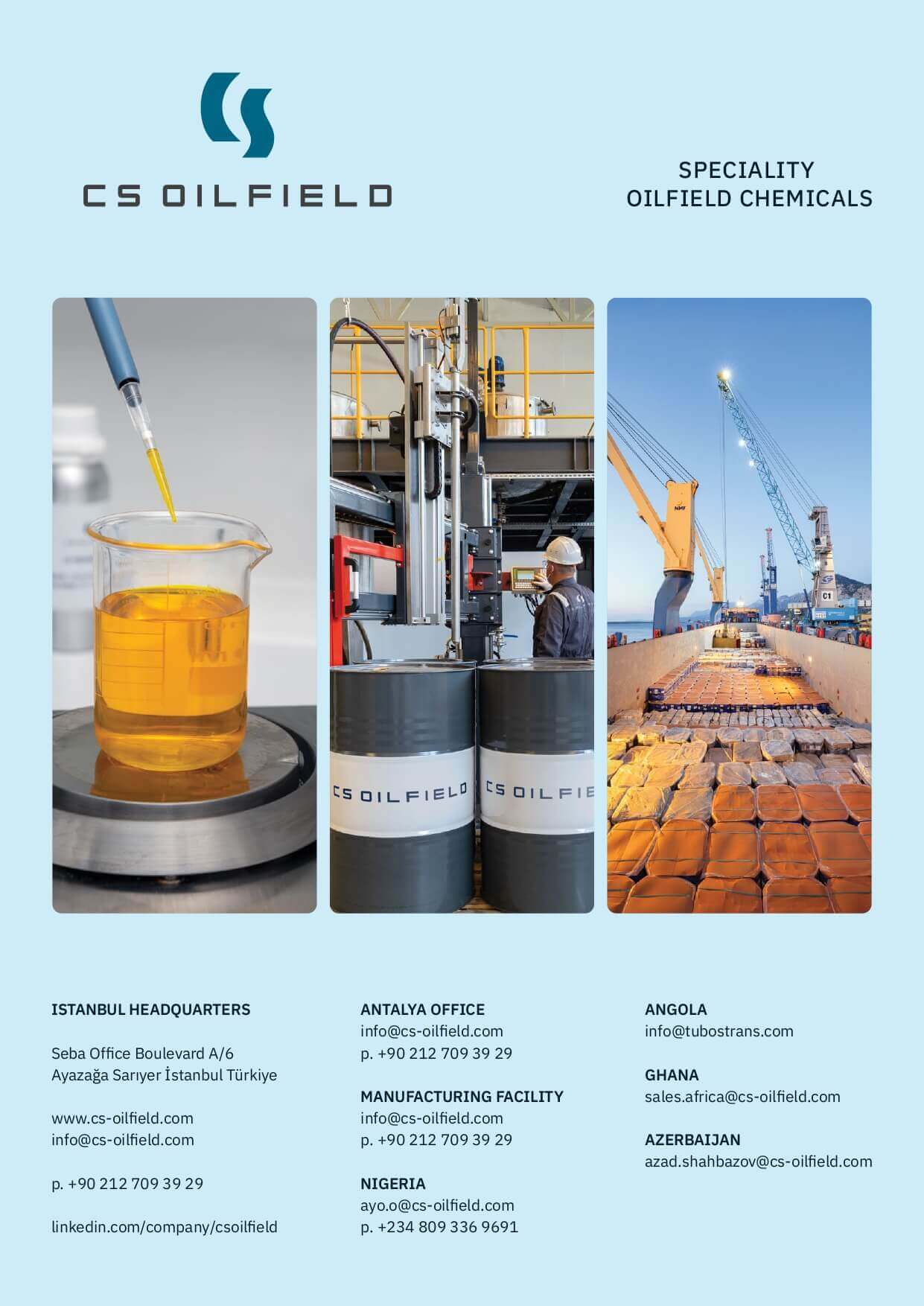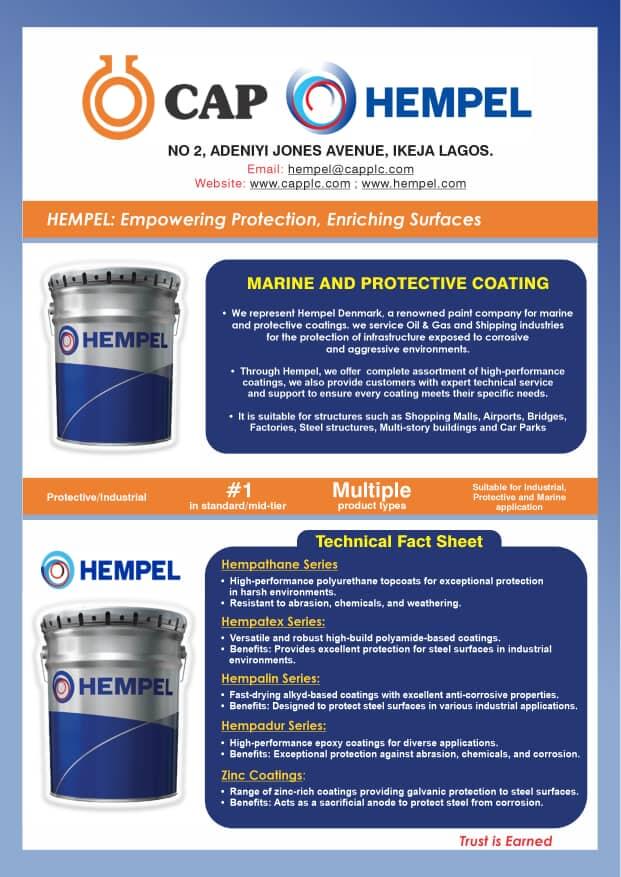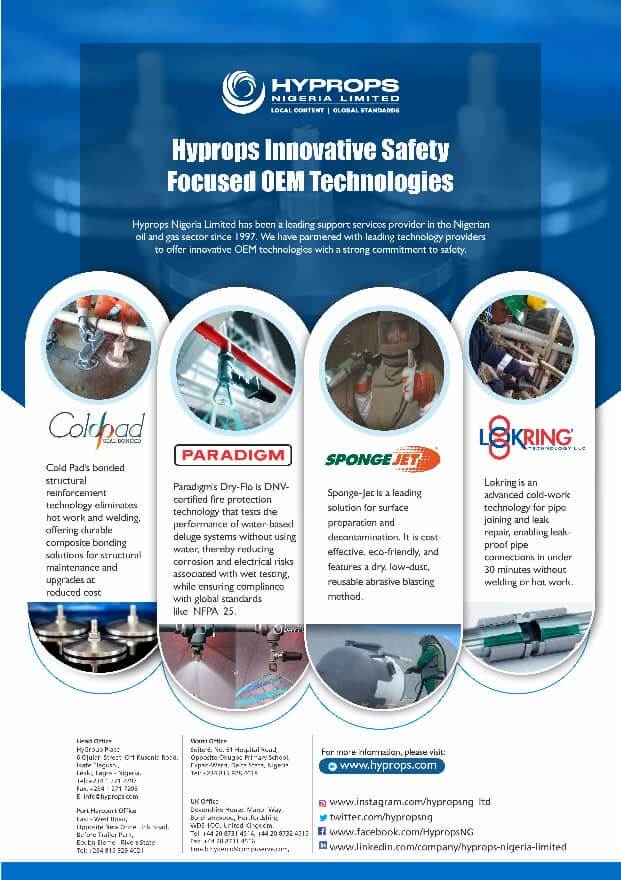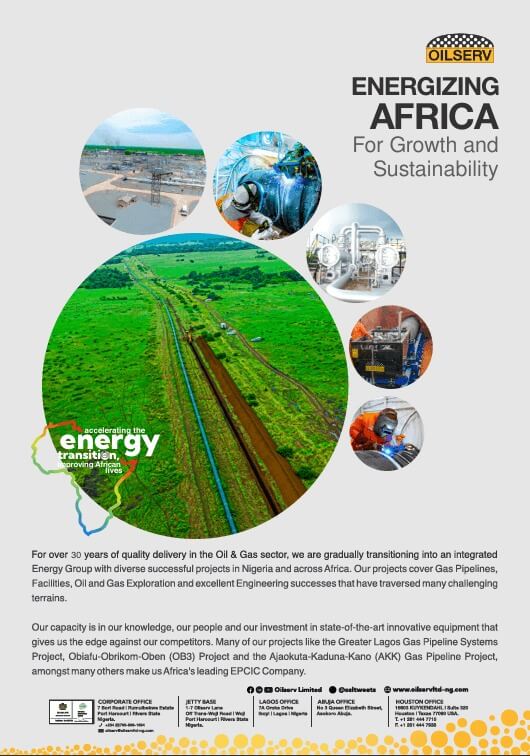TotalEnergies and Oil India Limited (OIL) signed a Cooperation Agreement to carry out methane emissions detection and measurement campaigns using TotalEnergies’ pioneer AUSEA technology at OIL sites in India.
State-owned enterprise OIL recently joined the Oil and Gas Decarbonization Charter (OGDC), a global industry initiative launched at COP28, co-chaired by TotalEnergies’ CEO. The OGDC’s ambition is to work towards net-zero operations by 2050, as well as near-zero upstream methane emissions and zero routine flaring by 2030. Moreover, OGDC members are committed to measuring and publicly reporting progress.
In line with the OGDC’s principle of sharing good practices, TotalEnergies makes this technology available to other operators among the signatories, as an effective and recognized tool to detect, measure and eventually abate methane emissions on their own assets.
AUSEA, a one-of-a-kind technology by TotalEnergies
Mounted on a drone, the AUSEA gas analyzer, developed by TotalEnergies and its R&D partners, consists of a dual sensor capable of detecting methane and carbon dioxide emissions, while at the same time identifying their source. This technology marks a step change in methane emissions detection and measurement compared to traditional techniques. By allowing access to hard-to-reach emission points, on all types of industrial facilities, both offshore and onshore, AUSEA is reputed as one of the most accurate technologies in the industry.

Methane emissions have many dispersed sources (animal husbandry, transportation, decomposing waste, fossil fuel production and combustion, etc.). As a pioneer in detecting and quantifying emissions in real-life conditions, Total Energies is using the AUSEA technology developed in cooperation with the French National Centre for Scientific Research (CNRS) and the University of Reims Champagne-Ardenne. On target: achieving our ambition of zero methane by 2030.
Methane is a greenhouse gas with a global warming potential 28 times higher than that of CO2 and a much shorter atmospheric lifetime. Reducing methane emissions is a priority, and TotalEnergies intends to establish an exemplary track record in this area.
Since 2017, the Company has been working with the CNRS and the University of Reims Champagne-Ardenne to develop the AUSEA technology (Airborne Ultralight Spectrometer for Environmental Applications) to detect and quantify methane and carbon dioxide emissions.
“We are delighted that OIL has joined the growing list of national companies we are collaborating with by making our AUSEA technology available. This is a clear demonstration that the Oil & Gas Decarbonization Charter launched at COP28 has gained momentum, thanks to the promotion of industrial best practices. Today, AUSEA performs campaigns on every continent and contributes to the OGDC signatories’ ambition to aim at near-zero upstream methane emissions by 2030”, said Patrick Pouyanné Chairman and CEO of TotalEnergies.
Commenting on the pact, Dr. Ranjit Rath, Chairman & Managing Director of OIL, said “By joining our peers in the OGDC, OIL reiterates India’s commitment to the global community, while underscoring OIL's dedication to reducing emissions. OIL is pleased to be collaborating with TotalEnergies, an industry pioneer in methane emissions detection and measurements”.

